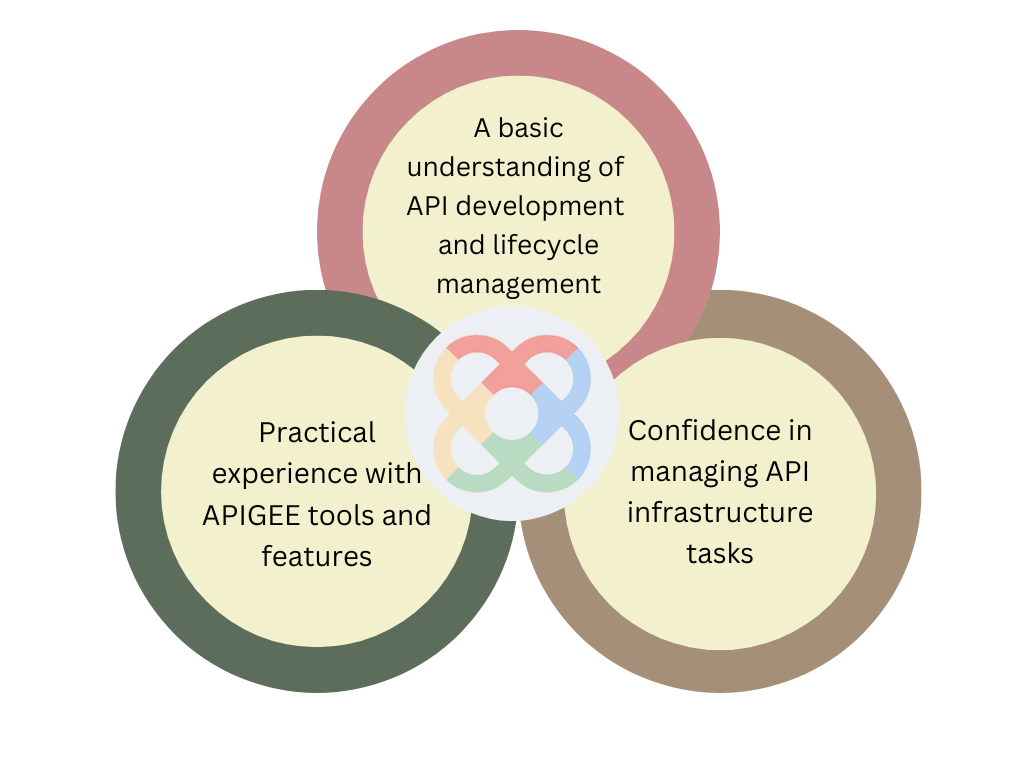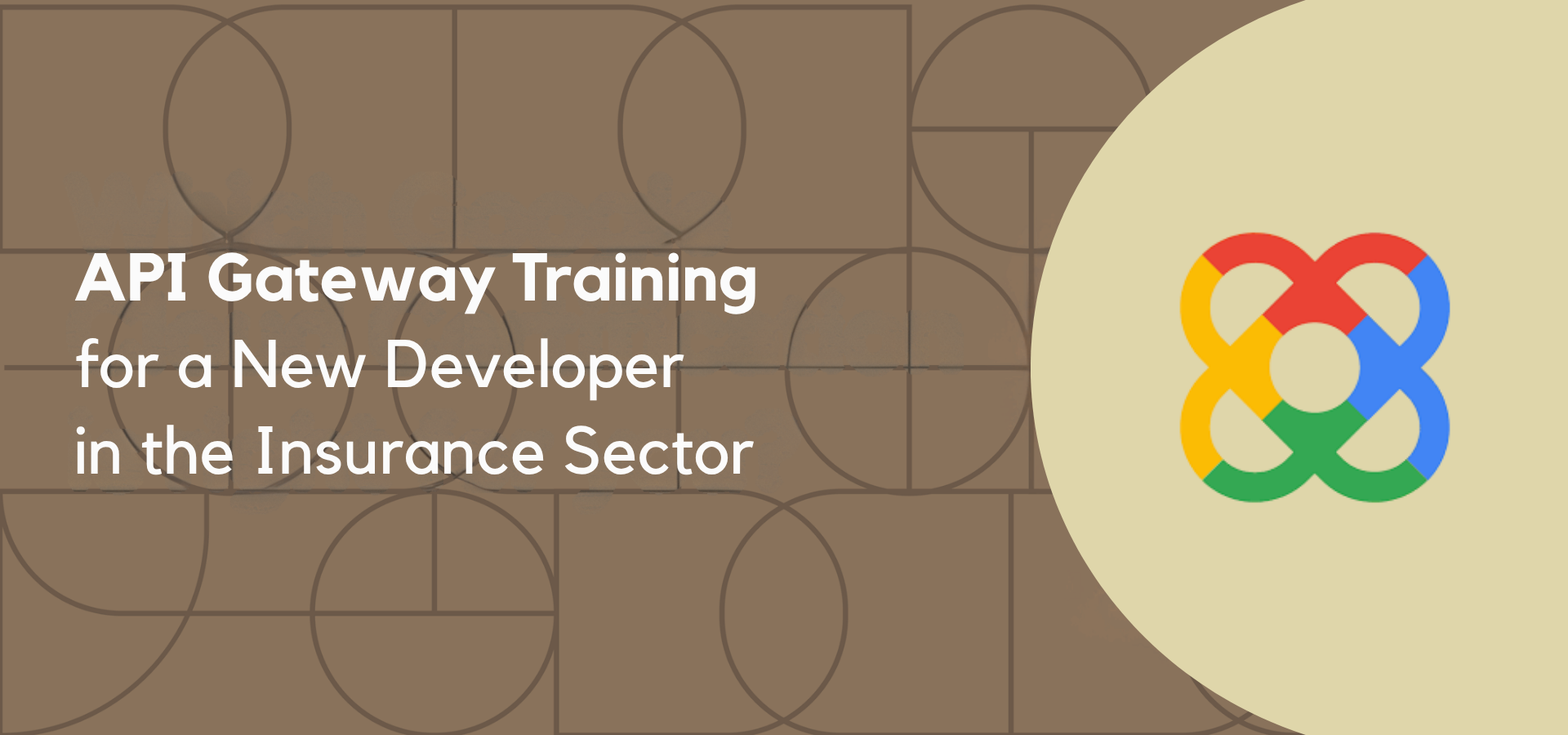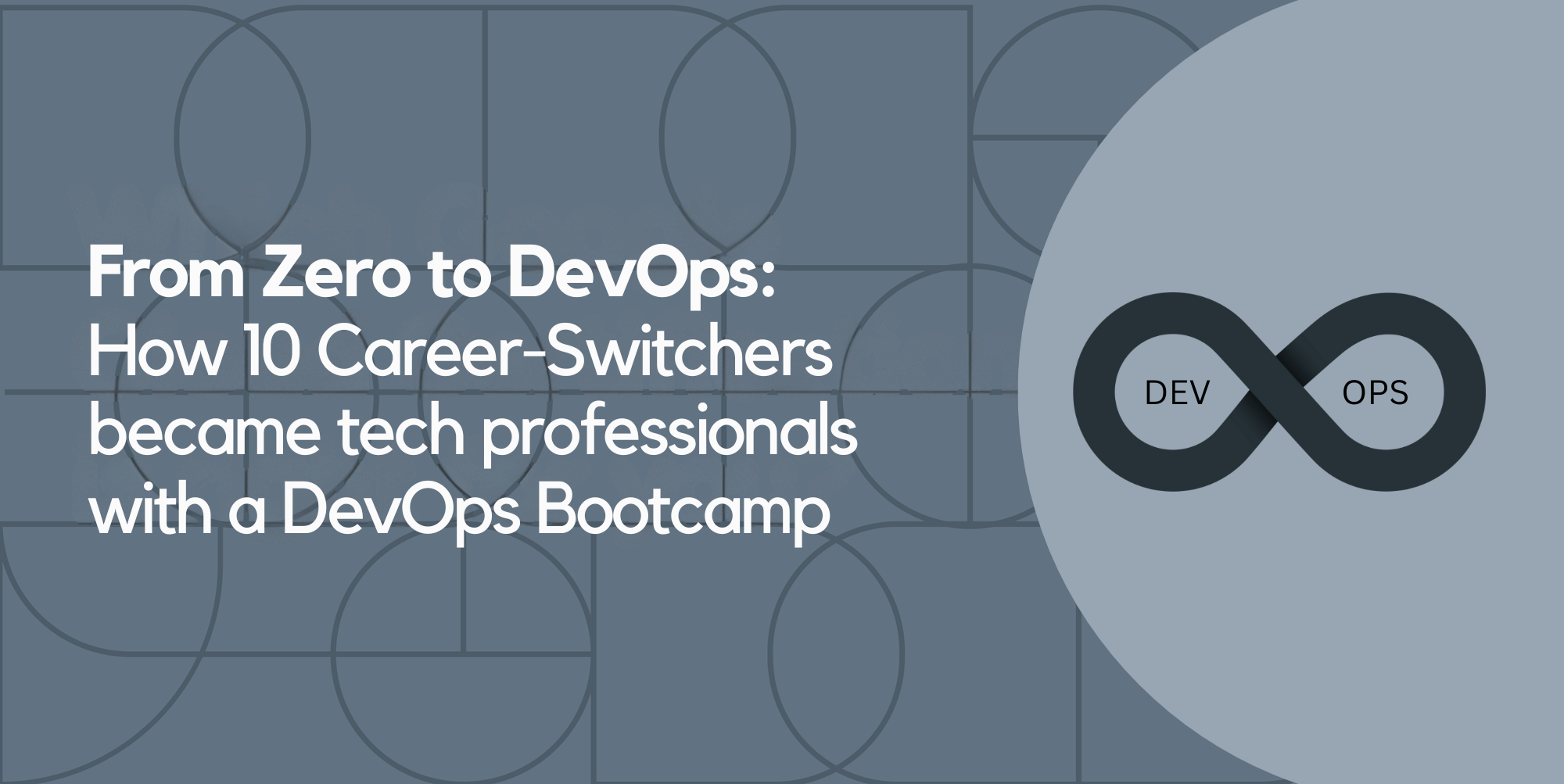Executive Summary
An insurance technology company in Saudi Arabia selected one of its junior employees for focused APIGEE training. Although he had only observed API work before, he showed interest in supporting the team more actively.
The onsite 1:1 session covered the full API development flow, including APIGEE tools and deployment steps. With labs and exercises built into each module, the trainee applied every concept in real time. By the end, the trainee could independently handle real API tasks.
The training focused on building a strong foundation in API development, covering APIGEE’s functionalities, API lifecycle management, and deployment best practices. A structured, lab-based learning approach ensured that the trainee gained hands-on experience and could apply concepts in real-world scenarios. By the end of the program, he successfully completed a capstone project, demonstrating the ability to develop, deploy, and manage APIs independently.
Why This Training Was Needed
The organization used APIGEE to manage both internal and external APIs, but the selected participant had no prior development experience. He was expected to assist the team with API-related tasks and needed:

Assessment Highlights
- The trainee had only theoretical familiarity with APIs from internal discussions.
- He struggled to connect abstract API concepts to the real systems used by the team.
- A gradual, example-driven learning approach was needed to build confidence and clarity.
Training Development
The content followed NobleProg’s APIGEE course structure adapted to suit the participant’s skill level.
Training Content Included:
- API Lifecycle: Design, deployment, security, and monitoring
- APIGEE Platform: Proxies, traffic policies, security layers, and analytics
- Real-World Practice: Labs tailored to company-specific use cases
- Retention Exercises: Assignments for after-session practice
Delivery & Engagement:
How We Catered to the Audience
- As the trainee was at a junior level, the training was built on his foundational knowledge and enhanced with practical labs.
- The 1:1 format ensured personalized coaching, allowing the instructor to adjust the pace based on his learning curve.
- A gradual, structured approach was used, introducing two topics per day, followed by hands-on labs and assignments.
Pedagogy & Delivery Style
- Hands-on-first approach: Each session included at least two practical labs per topic.
- Reinforcement through assignments: Take-home exercises allowed self-practice and retention.
- Iterative learning: Since the training was based on an individual coaching session, the instructor could repeat and clarify concepts as needed.
Challenges Faced by the Trainee
- The biggest challenge was grasping multiple new concepts at a fast pace.
- However, practical application through labs helped him clear doubts independently, making the learning process effective.
Post-Training Support
- A capstone project was conducted to test and apply all concepts learned.
- Comprehensive post-training documentation was provided for continued self-learning.
Results & Impact
Participant Engagement & Performance
- Moved from zero hands-on experience to managing real-world API tasks
- Could independently create and deploy APIs after training
- Gained practical confidence to support API lifecycle activities
Business Impact
- Increased team efficiency with an additional trained resource
- Faster turnaround for internal API tasks
- Improved API scalability support across the team
.webp)






